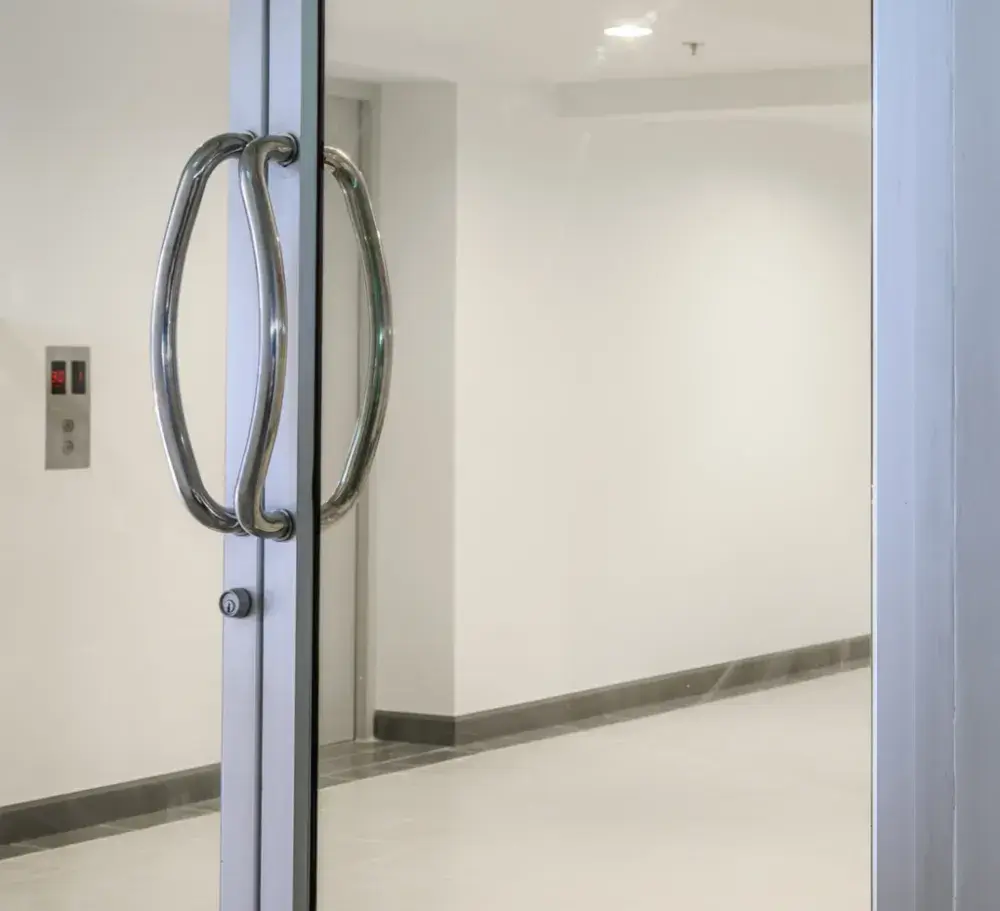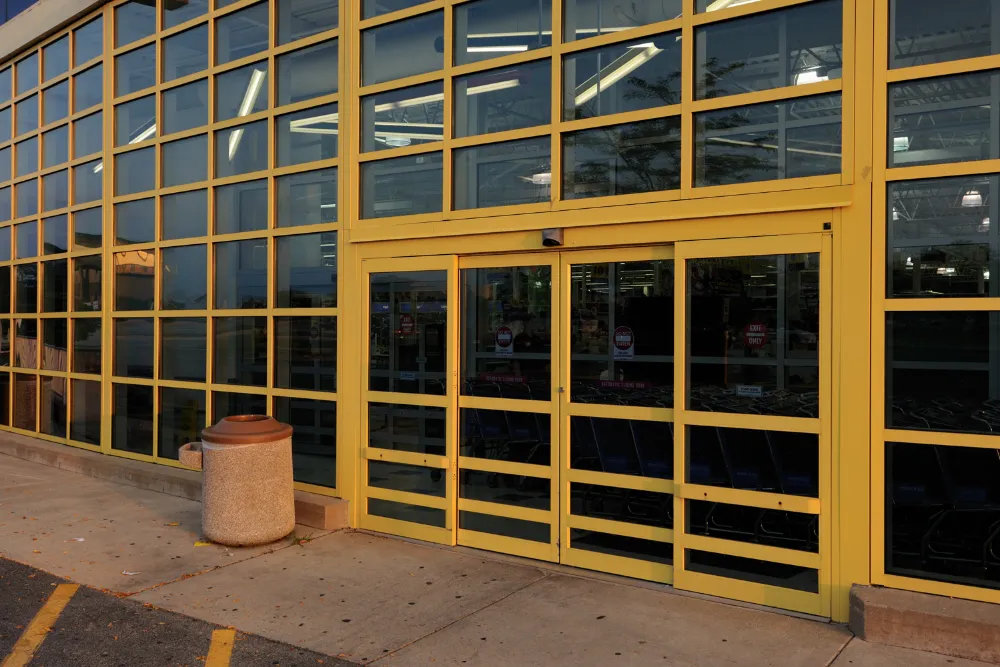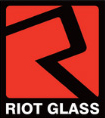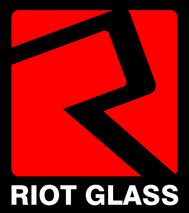Written By: Brad Campbell | July 12, 2023
When it comes to protecting commercial buildings and ensuring the safety of their occupants, the choice of windows plays a critical role.
Riot Glass® and polycarbonate windows are two popular solutions for protecting commercial windows and doors against impacts and mitigating security threats.
But, although both these solutions offer enhanced security and impact resistance, they differ in terms of specific composition, functionality, and potential use cases.
By understanding the differences between these two options, architects, building owners, business proprietors, and security professionals can make informed decisions when it comes to fortifying their properties against potential threats.
Polycarbonate windows are transparent or translucent window systems manufactured from polycarbonate, a thermoplastic polymer known for its outstanding strength and impact resistance.
Windows made from polycarbonate look and feel quite similar to standard glass windows, but they are 100% polycarbonate, containing no glass at all.

Polycarbonate is favored for windows in areas where security, safety, or accidental damage are a concern, as it is highly resistant to chipping, cracking, and breakage.
However, despite how hard it is to break standard polycarbonate windows, they are not indestructible.
For instance, when left without a protective surface coating, polycarbonate is very prone to scratching and scuffing, and therefore may need to be replaced more frequently than regular windows.
The versatility of polycarbonate windows allows them to be utilized in various architectural and construction applications, especially for commercial buildings.
For example, their high level of impact resistance makes polycarbonate windows an ideal choice for properties in areas prone to extreme weather conditions and potentially impacts from flying storm debris, such as in coastal regions and the southeastern states.
The lightweight nature of polycarbonate makes these windows easier to handle during installation and reduces the load on the overall structure, which also enables the creation of larger window panels without compromising structural integrity.
The ultraviolet light-blocking capabilities of polycarbonate make it an ideal choice for shielding areas in commercial properties, such as glass office buildings, where there is intense sun exposure throughout the day.

And, since polycarbonate provides comparable transparency to glass, it maintains a clear view of the surroundings while still allowing plenty of light transmission.
Installing polycarbonate glazing panels over existing glass windows essentially adds a pane of glass, which can help prevent heat loss during colder months and minimize solar heat gain in warmer climates.
These insulating properties aid in maintaining a comfortable indoor environment and reducing reliance on artificial heating and cooling systems, leading to potentially significant energy savings for commercial properties.
Here are some specific examples of where polycarbonate glazing is used in the real world:
Riot Glass is the ultimate line of fenestration security glazing products.
Although Riot Glass looks similar to other types of safety and security glazing, including standard polycarbonate glazing, it uses specific formulations of polycarbonates, acrylics, and other plastics to achieve an unmatched level of impact resistance and durability.
While generic polycarbonate window glazing can provide many benefits, it’s not designed specifically for high-security applications, like forced entry prevention and active threat protection.
Riot Glass IS designed 100% to harden the security of buildings, and it’s built to outlast and outperform comparable products on the market.
Riot Glass offers a range of different security glazing solutions, including containment-grade (non-ballistic) polycarbonate security glazing, ballistic-grade (bullet-resistant) glass-clad polycarbonate (GCP), and other types of laminated security glass and polycarbonate glazing.
Many Riot Glass security glazing solutions are designed to be retrofitted over existing glass surfaces using retrofittable security framing adapters that fit into or onto the existing window or door framing system. This makes Riot Glass a very cost-effective choice for upgrading the physical security of buildings.

In addition to various security framing options, Riot Glass glazing is treated with a scratch-resistant surface coating, preventing marring and ensuring a long service life in high-stress security applications.
Examples of security threats that Riot Glass is engineered to withstand and mitigate include:
Polycarbonate is a wonderful glazing material that can provide a lot of benefits, not least of which in the area of improving safety and security.
However, not all polycarbonate window glazing is designed specifically with security in mind, and it’s not manufactured to last in demanding high-security applications — Riot Glass is.
Riot Glass provides all the benefits of standard polycarbonate glazing, with even more added security benefits for commercial properties.
Contact us today for a free consultation!

HOW CAN WE HELP YOU?
